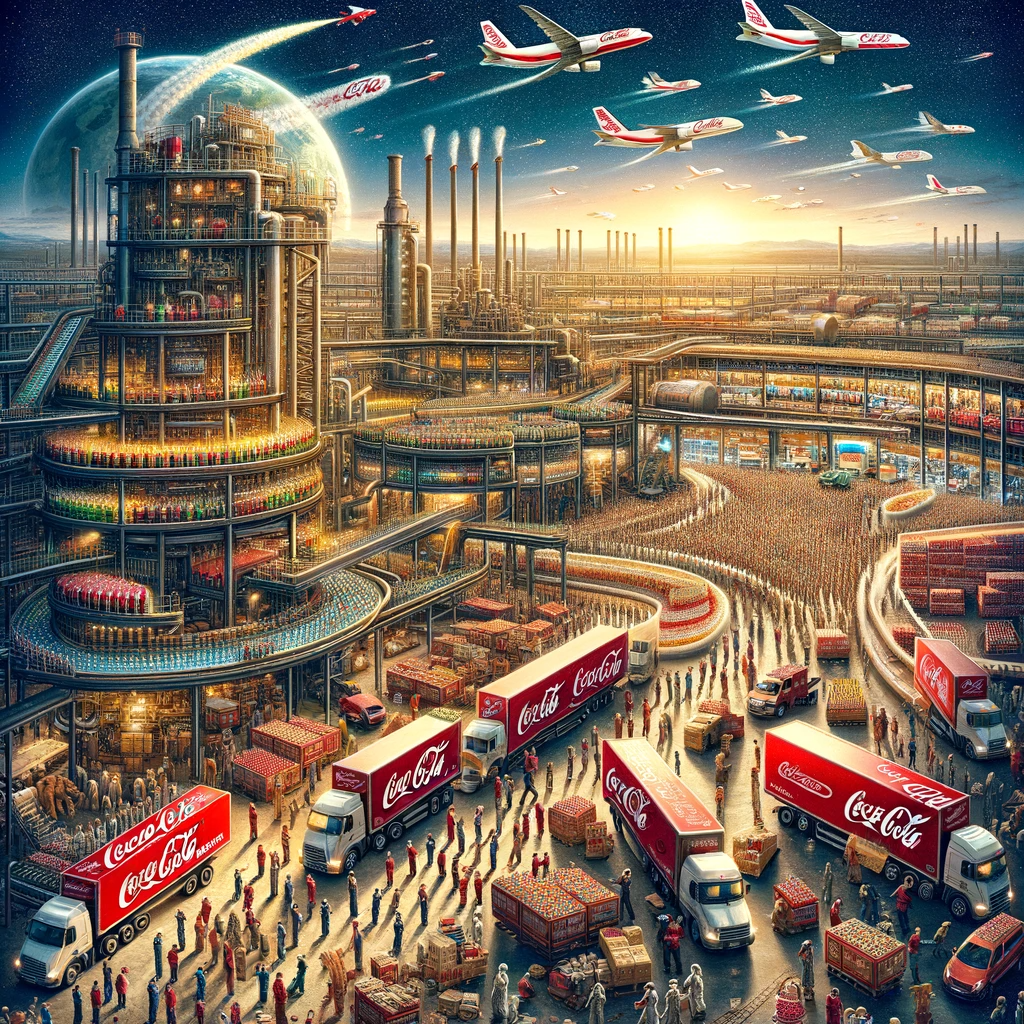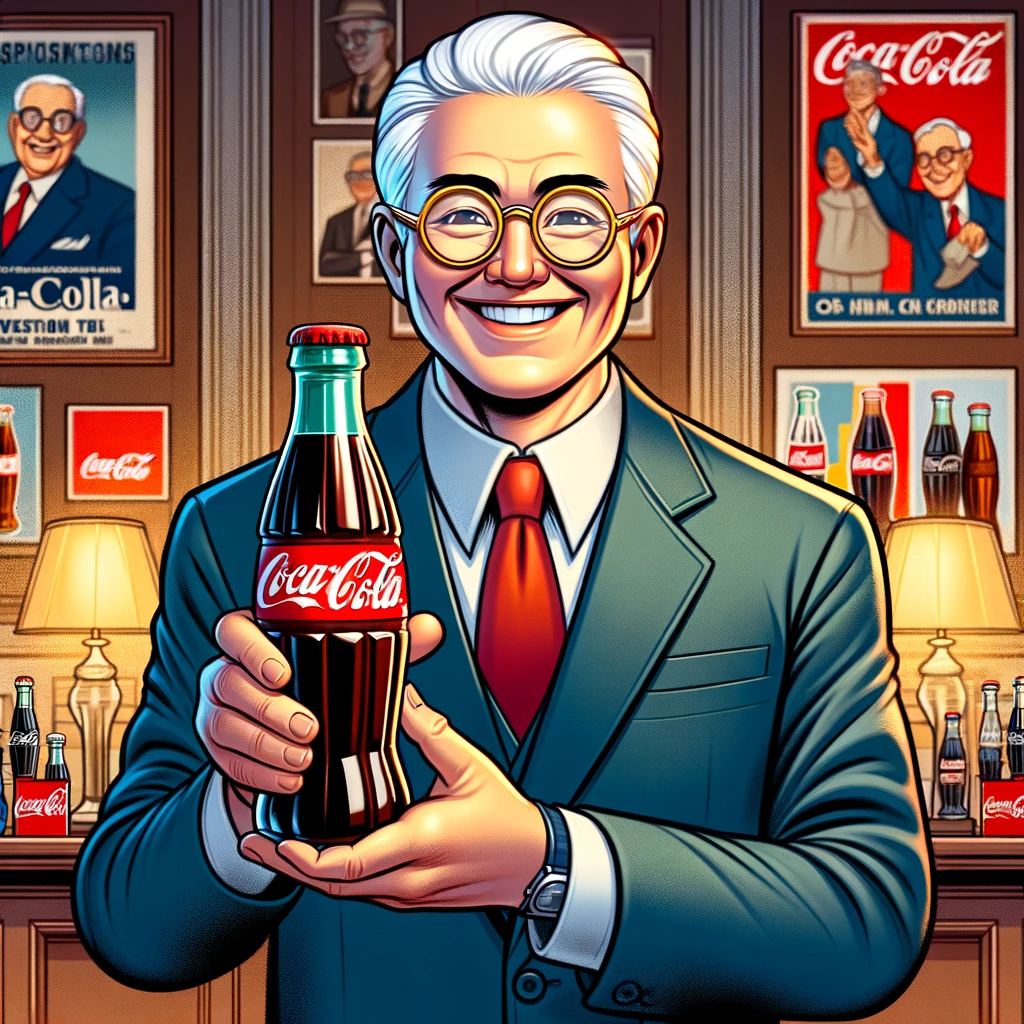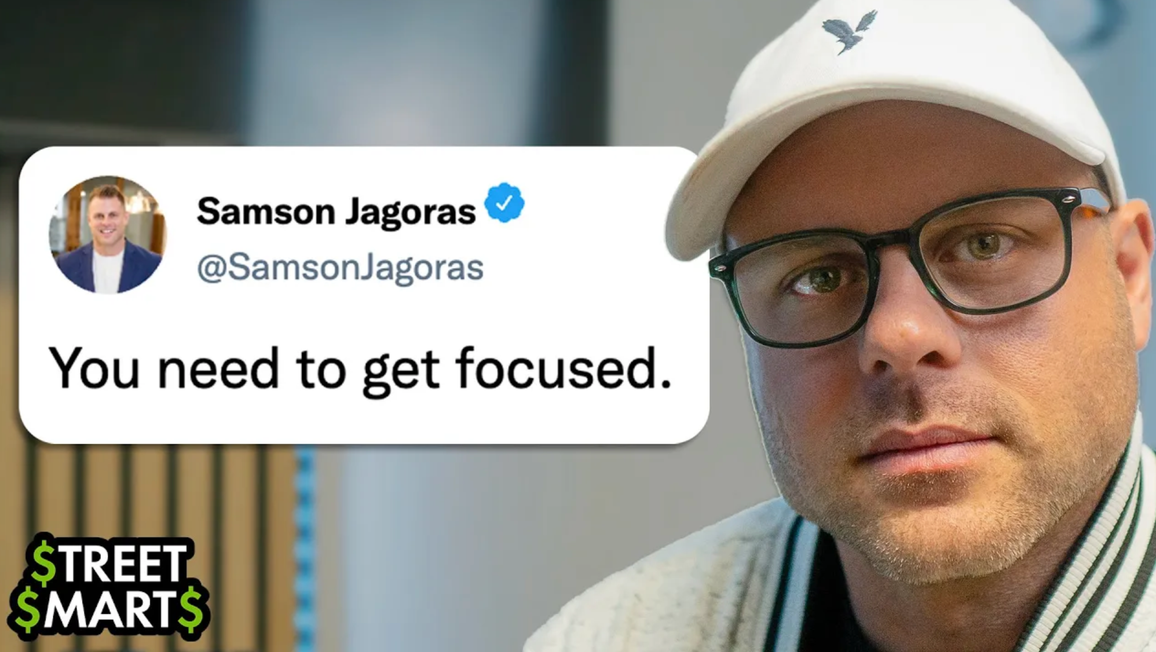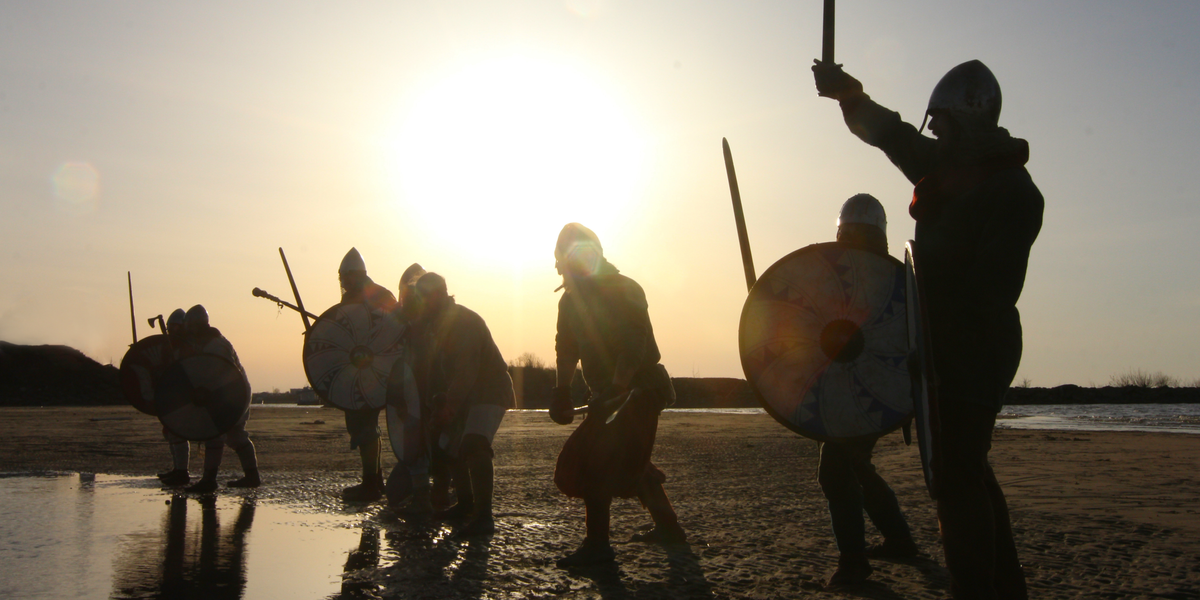PAIN to PROFIT$: Lessons from Coca-Cola on Entrepreneurship

This past weekend, I had the chance to explore Atlanta. During a break, my family and I visited the Coca-Cola Museum. It was a treasure trove of information about Coca-Cola's creator, the founding entrepreneur, and its rise to become the most recognized and profitable brand globally.
Today, More than 1.9 billion servings of Coca-Cola Beverages are sold each day in more than 200 countries.

Warren Buffett, known for his fondness for Coca-Cola, is one of the company's largest investors. What's less known is Buffett's strategic move after the 1987 stock market crash. He read an article detailing Coca-Cola's daily sales and realized the potential of investing during the market's low point. At the time, the market valued the entire Coca-Cola company at just $14 billion.

His plan was simple yet brilliant: buy a majority stake in Coca-Cola and slightly increase the price per Coke globally by one cent. This strategy would not only recover Buffet's investment immediately but also promise substantial gain as the economy recovered.
At the time, Just one cent increase would boost the company's pretax earnings by $2 billion annually.
Today's Lesson for Entrepreneurs
Comes from Vusi Thembekwayo, the South African entrepreneur, author, and businessman. And it sheds light as to why Coca-Cola is such a prolific company.
Vusi Says...
New Entrepreneurs
They Build a Business on a Product or Service. They think the quality of the product or service will win. Then, they try to convince people to adopt and buy. This is the most expensive and often the most complicated way to build a business.
Rookie Entrepreneurs
Build the Business on Distribution. They learn that you can have the best product, but if you can't get it into the hands of consumers, nobody cares.
Seasoned Entrepreneurs
Build a business on an Ecosystem. They control the product and the distribution through Their platform. In This case, the product does not need to be "Superior" to win, at least not in the short term. But with more distribution comes adoption, which drives revenue, and more revenue allows you to dominate by building a better product or controlling more of the market.
What allowed Coca-Cola to increase the price of a beverage by 1 cent and make $2 Billion in profit is their Ecosystem. But, how did they build their ecosystem?
Just a few years after the introduction of Coca-Cola’s signature bottle shape, in 1919, the company was sold to a group of investors led by Ernest Woodruff, the father of Robert W. Woodruff, for $25 million, which would equate to $424 Million Dollars today.
With those profits, the businessmen scaled the distribution of Coca-Cola to create an ecosystem, allowing them to pay back the $25 million dollar loan, with interest, in as little as six (6) years. Remember that Coca-Cola sold for 5 cents per bottle at the time.
That's a lot of Bottles of Soda
In turn, Coca-Cola became the market leader and ultimately was the first to solve global product distribution. And where they didn't have distribution, they used their massive profits to buy beverage companies to expand their ecosystem. And when you combine that with a great product, you achieve domination.
Best,
Samson

How to Set Goals That Actually Make Money

💡Articles From Our Contributors


➡️Subscribe to the Audio Experience: Apple Podcast | Spotify | YouTube
How did you like today's email?
Let us know what you think so we can continue to improve:


